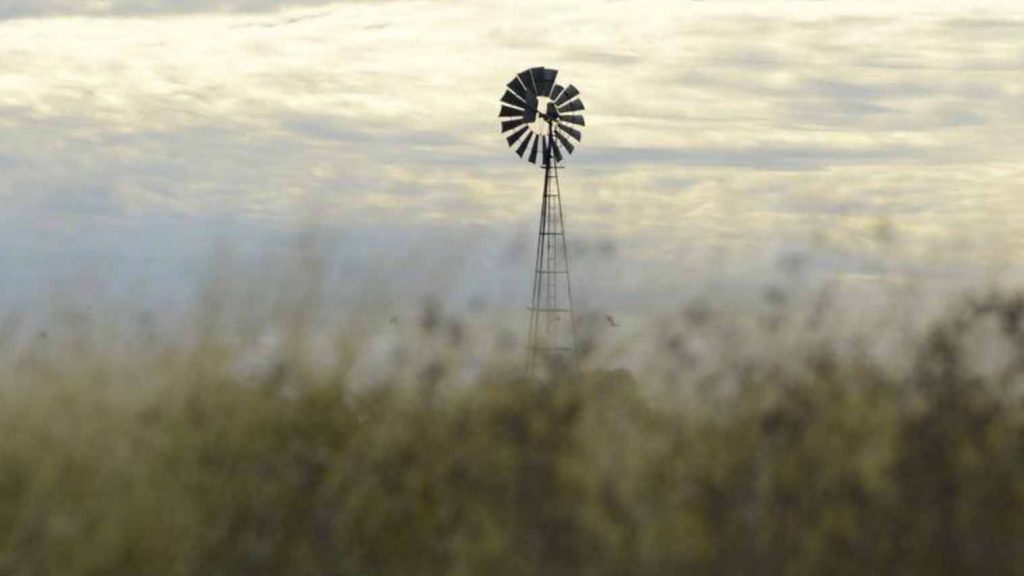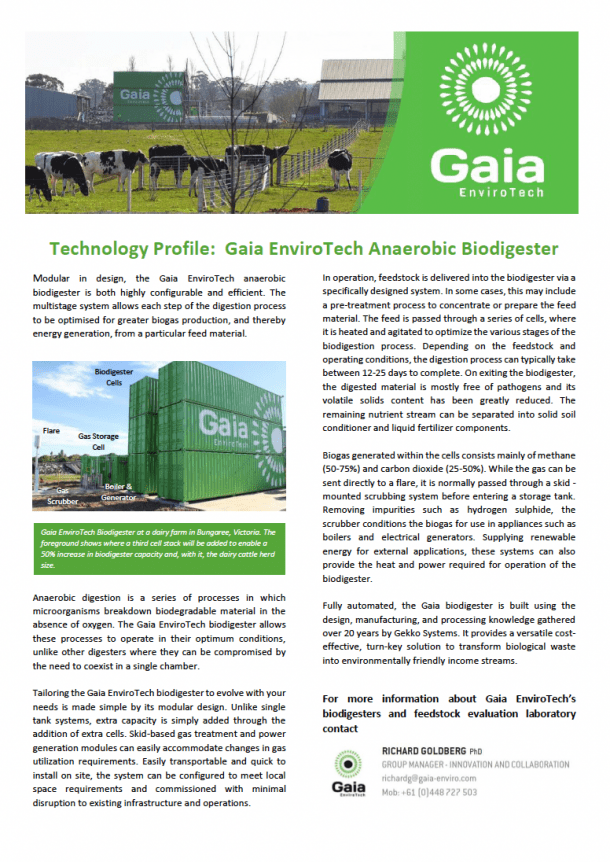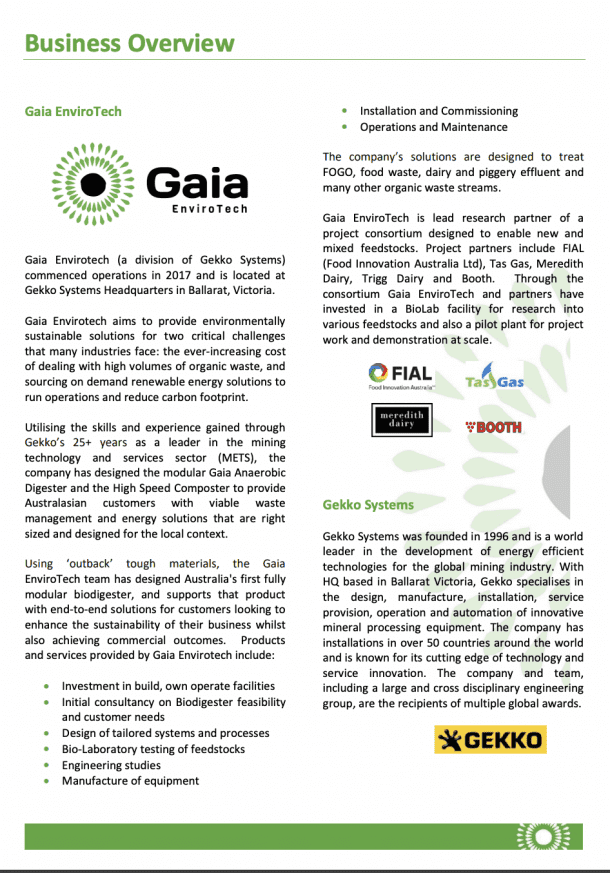By Liv Casben

Farmers wanting to make the switch to renewables as an energy source are facing too many hurdles, a conference has been told.
Hundreds of producers and industry experts met on Thursday at the National Renewables in Agriculture Conference in Albury to discuss how Australia’s growing energy needs can be met.
The head of an Australian company which specialises in turning organic waste into renewable natural gas told AAP she’s “astounded” by a lack of government support for her sector.
Elizabeth Lewis-Gray, chair of Gaia EnviroTech, said there needed to be a more co-ordinated approach between state and federal governments for the biofuels industry.
She complained Australia is lagging the rest of the world.
“In Europe it would be common to use agricultural waste and food waste and other organic waste … to power the town,” she told the audience.
“Around the world, in Europe and the US in particular, biogas is produced to heat whole towns.”
She said by using her company’s technology, one small Victorian dairy farm was able to convert enough animal effluent to power 36 homes.
“Nothing is waste, everything is an opportunity,” she said.
Victorian mixed crop farmer Steven Hobbs told the conference he set up his own biodiesel plant for less than a hundred dollars and turned mustard seed oil into biofuel to power his farm vehicles.
But he became frustrated with a complicated and costly taxation system.
The farmer from Kaniva in western Victoria told AAP it wasn’t viable to continue producing biofuel because he had to meet the same excise and regulatory obligations as big fuel companies such as shell and BP.
“It became uneconomical to meet the testing requirements for the volumes of fuel I was producing … You have to have a certain level of production capacity to cover the compliance costs,” Mr Hobbs said.
He said the system didn’t accommodate farmers producing biofuels.
“There is no mechanism to put a value on the fact that you are using a carbon-neutral fuel, whereas if you burn a fossil fuel, like diesel or petrol, you’re actually creating or releasing stored carbon,” Mr Hobbs said.
“As a farmer you have the capacity to grow your own energy to be used on your farm, which can give you energy security, and other benefits to go with it, including carbon neutrality.”
Australia is behind other parts of the world in this field, and should be looking to places like Britain on how to treat smaller producers, Mr Hobbs said.
“In the UK they’ve struggled with these same issues. The UK government just said look if you produce less than 2500 litres a year … they’re not worried.”
Conference organiser Karin Stark says farmers face many hurdles when wanting to make the switch to renewables.
“There are still some barriers to farmers using renewables, such as a really high upfront capital cost. Some tech just isn’t there as well,” Ms Stark told AAP.
CEO of Farmers for Climate Action, Fiona Davis, said an increasing number of producers were turning to alternative energy sources.
“We are seeing more and more farmers look to renewables on farm as a way to keep costs down in the face of the electricity crisis,” Ms Davis told AAP.
She said renewables needed to be more “accessible” to those farmers trying to reduce their carbon footprint.
Australian Associated Press






Downloadthe Diary Effluent Case study
The system in this case study was installed in November 2018 as a 12-month research and development project to establish viability of an anaerobic digestion plant designed to convert dairy effluent to energy and minimise odour.
You have Successfully Subscribed!